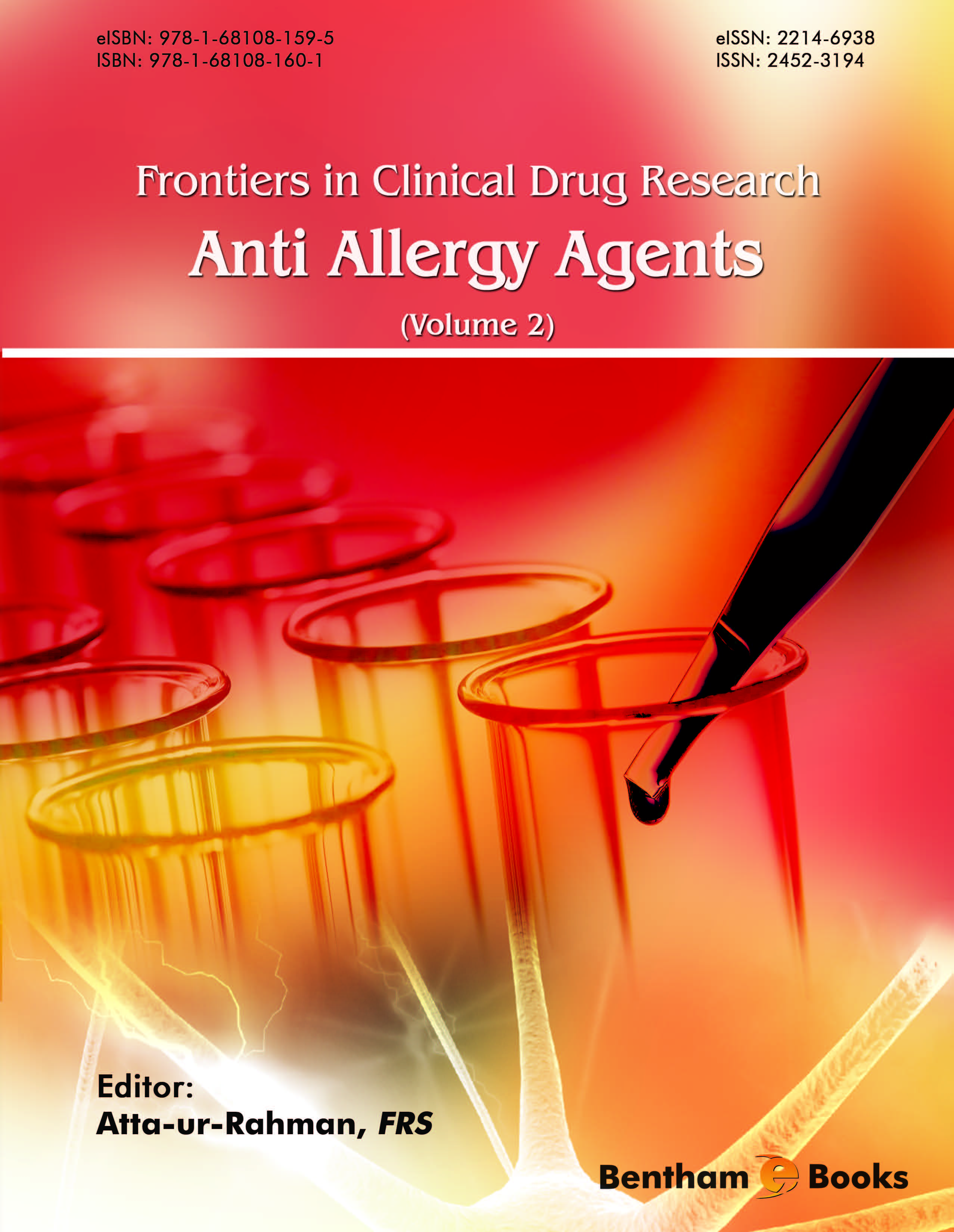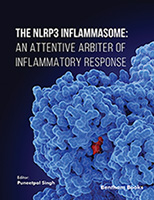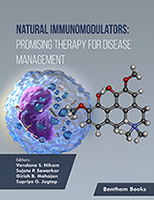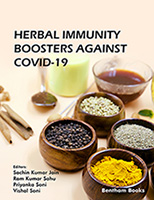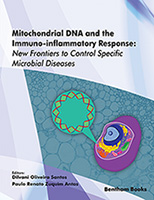Preface
The second volume of Frontiers in Clinical Drug Research – Anti Allergy Agents comprises
seven comprehensive chapters covering various aspects of clinical drugs used for treating the
allergic conditions contributed by leading researchers in the field.
In the first chapter, Vermeulen and colleagues focus mainly on the commonly occurring
pulmonary tract ailments. They discuss the inflammatory mediators and neuromodulators that play
a significant role in these diseases. They have provided a comprehensive overview of the novel
therapeutic targets; histamine, acetylcholine and cysteinyl-leukotrienes, with emphasis on the
advantages and shortcomings of the clinical trials carried out. In the second chapter, Zuo et al.
discuss the various antioxidants available from supplements and diet that are potentially useful for
the treatment and prevention of asthma. The pathogenesis of allergic asthma and its correlation
with inflammation and ROS/OS are presented. In chapter 3, Higuera-de la Tijera and Servín-
Caamaño highlight the role of anti-oxidants in managing the inflammatory liver diseases with a
metabolic origin, for minimizing the oxidative stress.
Cingi and colleagues review the management therapies for allergic rhinitis in chapter 4. The
different pharmacological therapies and recent advancements in the field of Allergic Rhinitis (AR)
are presented including the treatment of pediatric AR patients. In chapter 5, Suphiglu and Ahmed
present a comprehensive overview on Th2 cytokines as the new therapeutic target for the
development of anti-allergic agents. They have highlighted the important targets, cytokines IL-4
and IL-13 and their receptors, that are key factors in the allergic cascade.
Nakagawa et al., in chapter 6 present the role of algogenic substances (chemicals and natural
products), their receptors, and anti-inflammatory drugs interrupting receptors, channels, and
intracellular messengers, mainly in peripheral sensitization. They also discuss thermosensing TRP
channels and IL-1β. TRP channels are closely correlated with itching and inflammation. In the final
chapter of this eBook, Hassoba and colleagues present a comprehensive overview on allergic disorders
and anti-allergy agents from almost all aspects in light of various contributions.
I would like to thank all the contributors for their painstaking efforts in putting together an outstanding
collections of reviews that comprehensively cover various aspects of this important field. I am also
grateful to the excellent team of Bentham Science Publishers, especially Dr. Faryal Sami and Mr.
Shehzad Naqvi led by Mr. Mahmood Alam, Director Bentham Science Publishers.
Atta-ur-Rahman, FRS
Honorary Life Fellow
Kings College
University of Cambridge
Cambridge
UK

